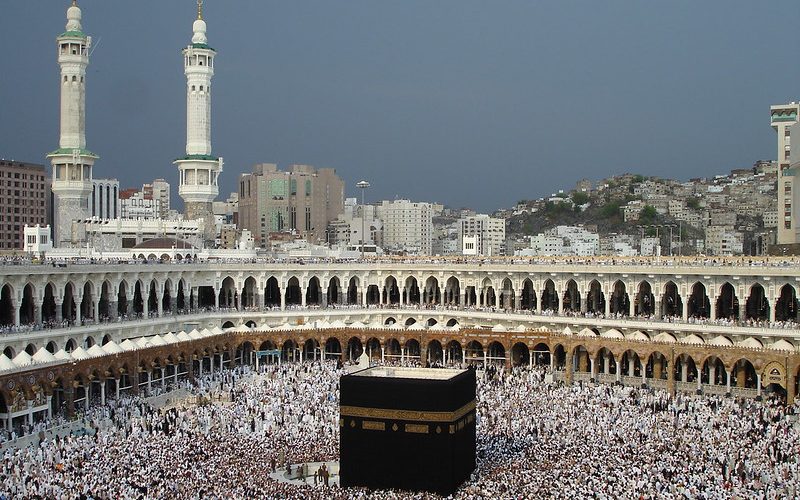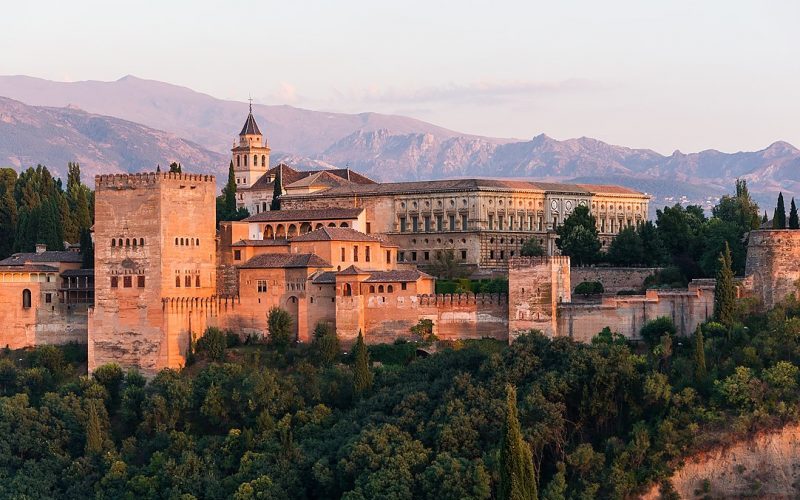
Is Islam a Product of Late Antiquity?
Arabia was a significant part of the Late Antiquity from which Islam emerged. Contrary to traditional sources, writer Muhammad Ali Sohail article argues that what eventually became the Islamic civilisation was a continuation of Late Antiquity’s most salient features, with late antique empires establishing the foundations for the initial development of Islam. Moreover, it highlights the role played by traditional sources in instigating academic curiosity and mistrust from revisionist scholars who challenged the traditionalist premise entirely.

Inventing the Islamic ‘Golden Age’
The Muslim Golden Age is a historiographical creation like many other conceptions that influence our view of Medieval history. Muslim culture and civilisation flourished throughout an age of exception stability and wealth until at least the early thirteenth century (Kafadar, 2010). The Golden Age highlights the greatest achievements accomplished by the Muslim world between the ninth and thirteenth centuries, with the Ottomans and Mughals, who are normally disregarded, being included as part of this time period.

Viewing Religion in opposition to Secularism
The recent incident of the beheading of a teacher in France, as a reaction to the images of the Prophet shown by a history teacher which have first been published by the satirical magazine Charlie Hebdo, and the racist attack on two Muslim women at the Eiffel Tower in quick succession, have further exposed the fault lines vis-á-vis the debate on secularism. The discussion around secularism continues to be a point of contention across the globe for decades now, and it seems far from settled.

